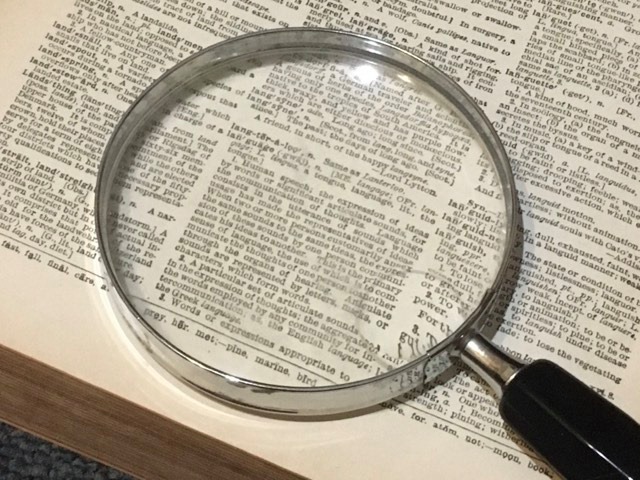
Some writers I coach need me to be a teacher, mentor, or therapist. Others are just looking for someone to tell them the truth.
I might make more money by lying with promises of publishing success. There’s a whole industry of folks who take advantage of hopeful writers. I’d rather be honest and help you figure out what you can realistically do.
Truth eludes aspiring writers for two reasons. One, judging writing is hard and requires experience. And, two, giving false hope and taking people’s money is easier and more profitable than leveling with them.
As a child and teen, I wrote prodigious amounts of fiction. Occasionally family friends or other nice people would take a look—quite a sacrifice, I now realize—but even at the time I was suspicious of their advice.
My stuff may not have been very good. I was a kid. But they generally didn’t know how to make it better, or even what was wrong with it, and some of their comments, I now know, were incorrect. Not their fault: they weren’t professional writers or editors and didn’t have those skills.
Staying positive is easy and doesn’t hurt. Friends give encouragement because they want you to feel good. Most of us know that and discount those comments.
I’ve also run into writers who paid a lot of money to a vanity press, or worked with an editor who didn’t get them anywhere, and ended up frustrated and disappointed. As I’ve written here before, publishing a book is easy (but expensive); selling books is hard.
Reputable literary agents work on commission and don’t get paid unless their authors do. That’s good, because they won’t take on work they don’t think they can sell.
I am not an agent. With most of my new clients, if they don’t already have a publishing contract, we start with a realistic assessment of the audience they can expect reach. We don’t start working together unless they’re satisfied with that goal. We test the waters step by step. These relationships usually last for years.
A few clients come to me for much shorter engagements. They just want me to read what they’ve done and tell them if they have anything.
Those assignments are harder. The answers I give can be disappointing, either because the amount of effort needed to fix a piece is more than the writer is willing to invest, or because the audience I think they can reach is smaller than they hoped.
But that’s as valuable as anything I do. Writing is a hell of a lot of work. It can take a long, lonely time. Few experiences are as dispiriting as putting your heart into a piece that doesn’t connect, or perhaps goes completely unread. I know, because I’ve done it.
The truth can save you from that horrible feeling. The truth may hurt, but with it you can decide for yourself how you want to invest your time.
If you enjoy my newsletter, please share it.